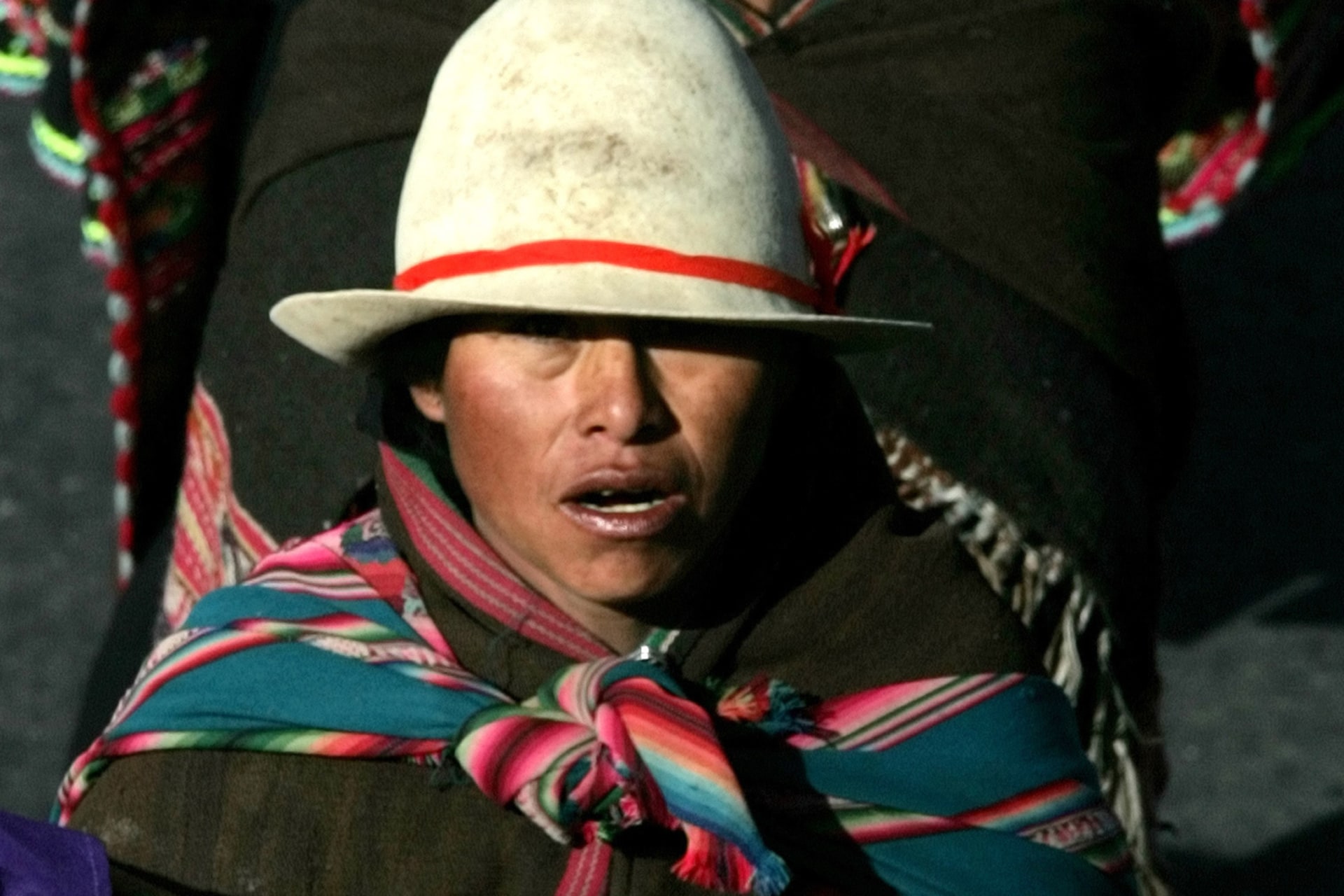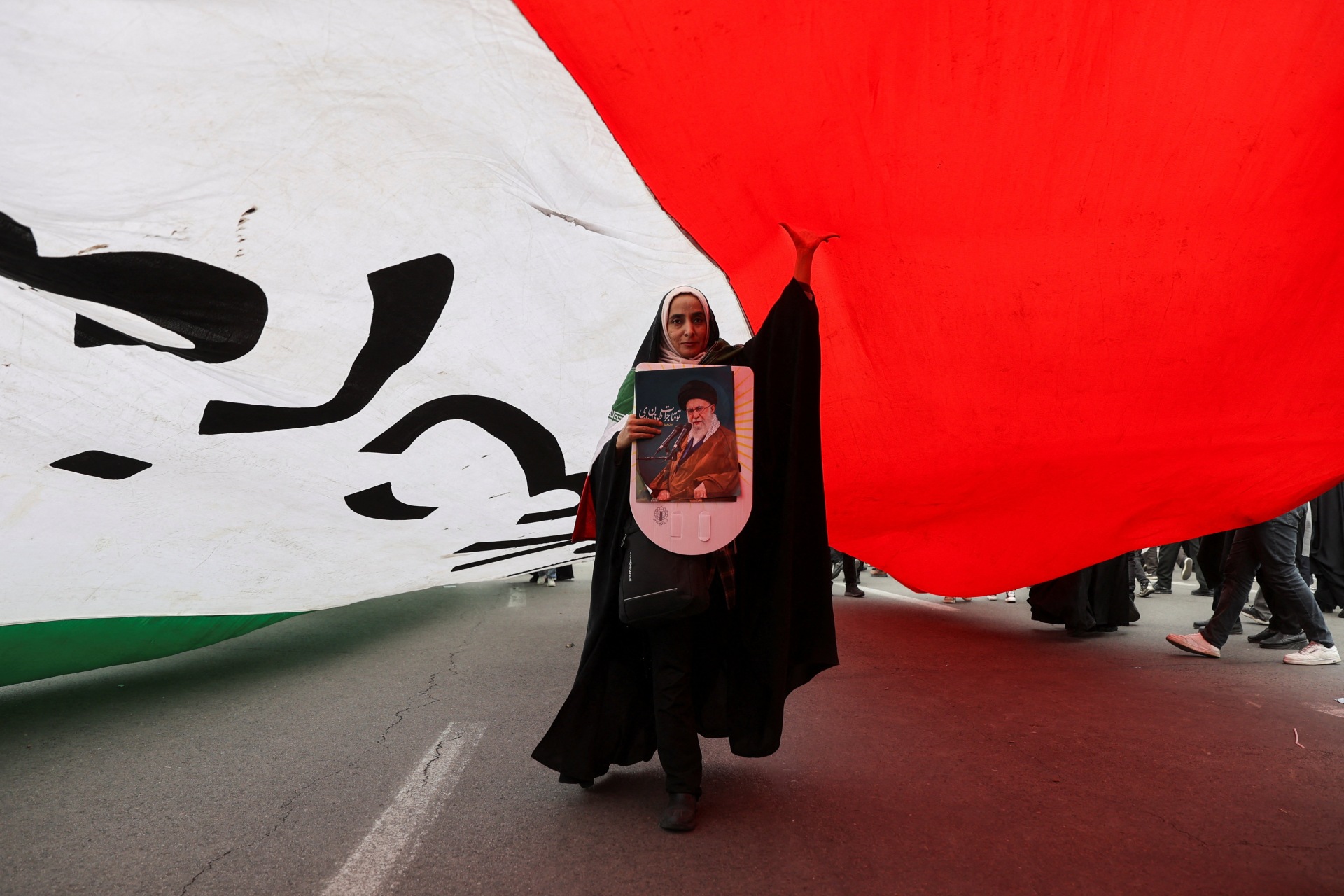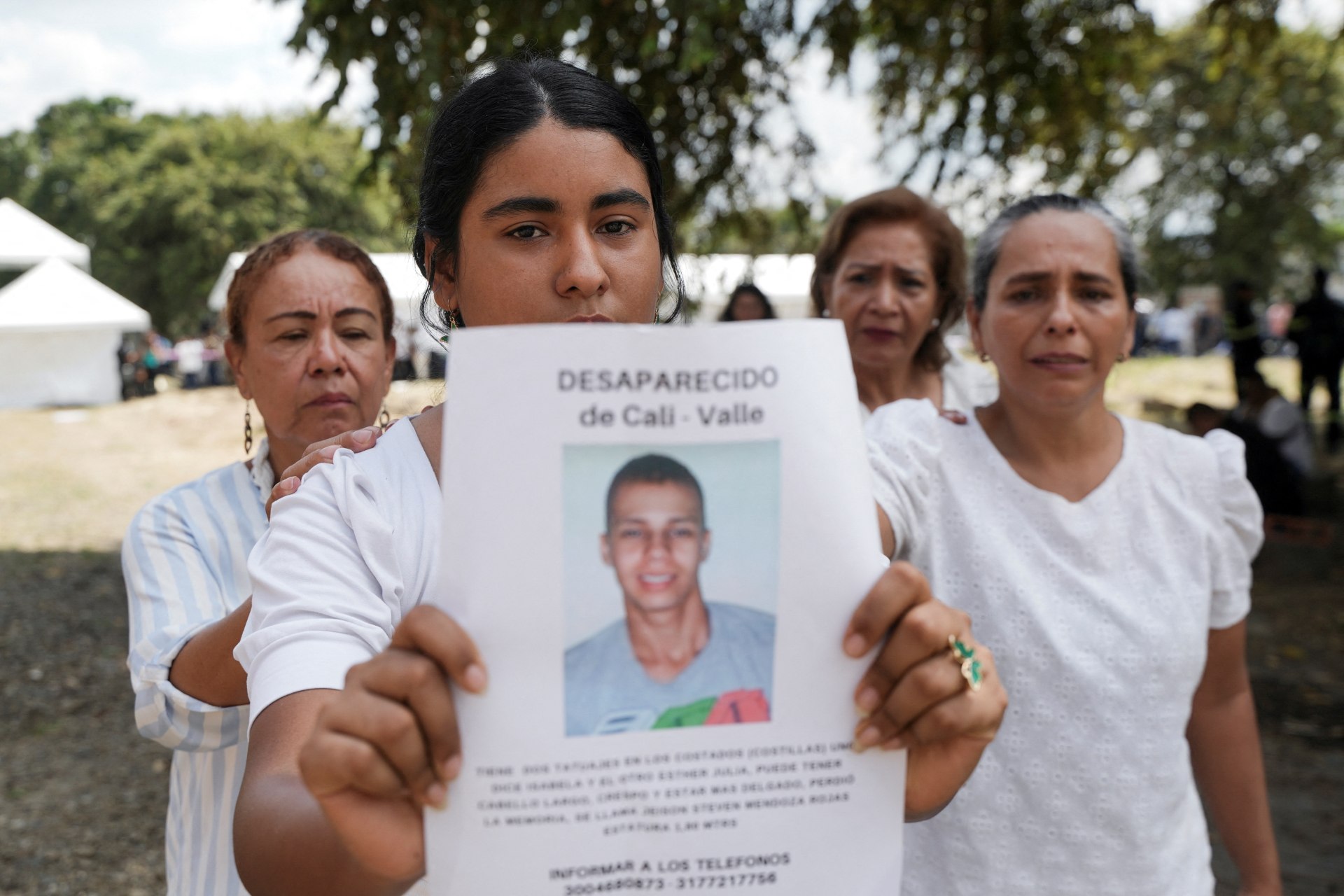Beating the Resource Curse: Global Governance Strategies for Democracy and Economic Development

BY
- Terra Lawson-Remer
Abundant reserves of minerals and petroleum often precipitate a resource curse in countries with weak governance institutions: fostering political corruption, eroding democratic accountability, inciting armed conflict, and undermining inclusive and sustainable economic growth. Transparency and accountability can play a critical role in overcoming these challenges, but global cooperation to provide external support for reforms is essential.
The Resource Curse
Emerging market countries struggle to improve transparency and accountability on their own.
Abundant natural resources in countries with poor governance fuel a wide range of ills. Revenue flows facilitate corruption by making it easy for officials to siphon profits for personal gains. Foreign exchange earnings from windfalls cause currencies to appreciate, undermining export-led growth, while high rents in the resource sector discourage the emergence of a real economy in domestic manufacturing and industry. Local communities near resource deposits often suffer adverse social and environmental consequences inflicted by extraction operations. In “rentier states” like Saudi Arabia, Iran, and Venezuela, governments are sustained by resource rents, weakening citizens‘ ability to demand democratic accountability. And natural resource dependent countries are more likely to experience civil wars, as witnessed this past decade in Sudan, Sierra Leone, and Indonesia.
The resource curse is not inevitable: countries with good governance, such as Botswana, Canada, Chile, and Norway, benefit significantly from natural resource wealth. Transparency can allow citizens to hold public officials accountable for pursuing policies that lead to widely shared benefits.
Yet emerging market countries struggle to improve transparency and accountability on their own, particularly when transnational capital investors are involved. Would-be reformers are hindered by political backroom dealing, and even willing governments often lack sufficient regulatory or enforcement capacity. External support is therefore needed to encourage transnational companies to abide by disclosure and anticorruption rules and to reinforce domestic reformers that could otherwise be pushed aside by entrenched interests.
Promising First Steps Still Unfulfilled
In the summit declarations made by the Group of Eight (G8) and Group of Twenty (G20) leaders in Pittsburgh (2009), Seoul (2010), and Deauville (2011), countries recognized the need for coordinated global action to tackle corruption and support transparency and accountability in business and government, including extractive industries. The international community has taken steps in the right direction, but action has yet to meet promises.
Global civil society demand for skills training far exceeds existing funding or programs.
In May 2011, the executive board of the World Bank approved the International Finance Corporation’s (IFC’s) revised Sustainability Framework, which stipulates the social, environmental, and governance requirements for the World Bank’s investments in private-sector projects. The updated framework includes strong improvements in contract transparency. Yet bilateral development loans and sovereign risk guarantees are not governed by IFC rules, so donor country support for private-sector extractive-industry projects continues to contribute to poor governance in capital-importing countries.
Transparency initiatives such as the Extractive Industries Transparency Initiative (EITI) and Open Government Partnership (OGP), which support broad disclosure of information about revenues, expenditures, and other aspects of government and business operations, have gained traction over the past five years. But translating transparency into democratic accountability requires building civil society capacity in the complex technical skills necessary for effective monitoring and oversight—including contracting, taxation, accounting, and tracking of revenues and payments. Global civil society demand for skills training far exceeds existing funding or programs.
The Dodd-Frank Act, which Congress passed in 2011, requires all extractive-industry companies that file annual reports with the U.S. Securities and Exchange Commission to disclose the type and amount of payments made to governments—country-by-country and project-by-project—for the purpose of the commercial development of oil, natural gas, and minerals. Mandating that companies disclose payments to governments in a manner that can be tracked and audited by civil society is essential for accountability. Other members of the Organization for Economic Cooperation and Development (OECD) are now exploring similar regulations.
The Equator Principles (EPs) are a voluntary risk management framework for mitigating environmental and social risks in investment projects. Participating private banks will not provide loans for projects in which borrowers fail to comply with the EPs. Initially launched in 2003 by ten global banks in response to civil society concerns, seventy-three financial institutions in twenty-seven countries have now adopted the EPs, covering over 70 percent of project-finance debt in emerging markets. Despite this apparent global reach, there is no way to verify that borrowers and financial institutions that claim to be complying with the EPs are actually doing so.
The Way Forward
Capital-exporting countries, international financial institutions, and private-sector companies should cooperate on four immediate steps to foster good governance in the extractive-industries sector. To move this agenda forward, the United States should propose these initiatives as high-level deliverables within the G8 and G20, and advance technical negotiations through the OECD and the Financial Stability Board.
1. The G8 should agree to apply the IFC’s recently updated extractive-industry transparency requirements to all bilateral development finance. The G20 should endorse the new IFC requirements. Multilateral cooperation would raise the bar on subsidized private-sector financing flows, and allow countries to avoid the risk of becoming uncompetitive through stronger standards. As China is unlikely to agree to nonvoluntary commitments now (seen as an infringement on sovereign prerogatives), a two-track strategy of binding commitments by G8 countries, along with endorsement of voluntary application by the larger G20, would influence a significant portion of global bilateral private-sector development finance today, while opening the door for expanded discussions in the future.

2. G20 donors, multilateral development banks, and the private sector should support demand-side accountability by providing grant financing to build civil society capacity in organizing, analysis, and monitoring. If civil society does not have the capacity to use or understand increased information, then transparency cannot translate into better governance. Pooled funds should finance civil society capacity building through the World Bank’s Global Partnership Facility for Social Accountability—a commitment of $15 million over four years would double available resources.
3. Countries and economic communities with regulatory jurisdiction over the world’s leading stock exchanges—the United States, United Kingdom, European Union, Canada, Japan, and India—should agree to internationalize extractive-industry transparency requirements, with Dodd-Frank as a minimum standard. This would impose transparency discipline on every publicly traded company, worldwide. Although many countries are already moving in this direction, China and Brazil would be unlikely to join such an agreement since it would require opening the books on secretive state-run firms. However, their absence would not undermine the new global standard or advantage Chinese and Brazilian firms, as companies will not delist from seven out of the world’s ten leading stock exchanges (thereby losing access to capital). Additionally, internationalizing Dodd-Frank’s new transparency requirements would address the potential competitiveness concerns of companies now subject to these disclosure rules only in the United States, thwarting domestic political pressure to repeal the regulations.
4. Banks that commit to the Equator Principles (known as Equator Banks) should establish independent monitoring mechanisms to ensure that financial institutions claiming to be complying with the EPs are not shirking or free-riding. A recent internal review by the Equator Banks‘ secretariat highlights the growing potential danger of free-riding by banks seeking to gain the reputational benefits of the EPs without actually implementing them. New auditing and reporting mechanisms are needed to ensure that banks claiming to be complying with the EPs are indeed doing so.
Conclusion
Coordinated international action is essential to foster democracy and development in emerging economies with significant natural resource endowments. Rich countries have repeatedly recognized the need to act. Although there is no silver bullet, the four initiatives proposed here would be important steps toward translating words into deeds, giving emerging economies the support they need to beat the resource curse.t





